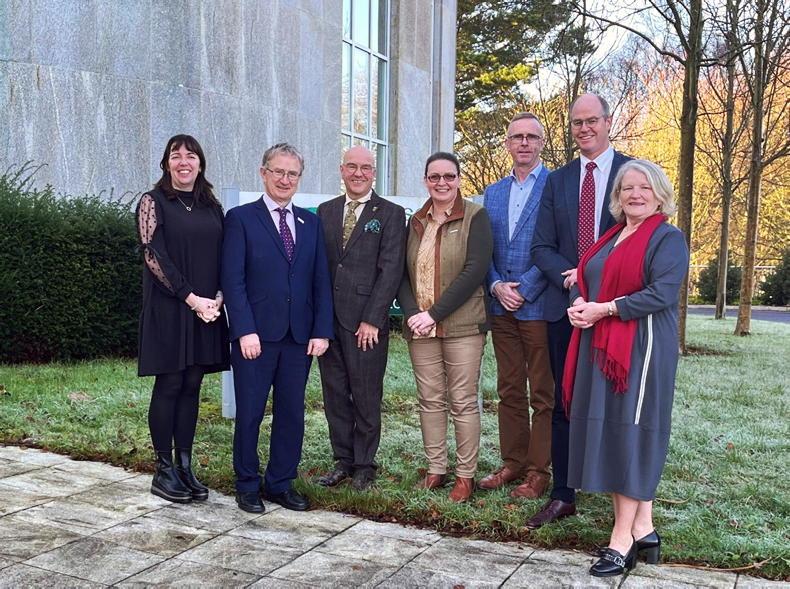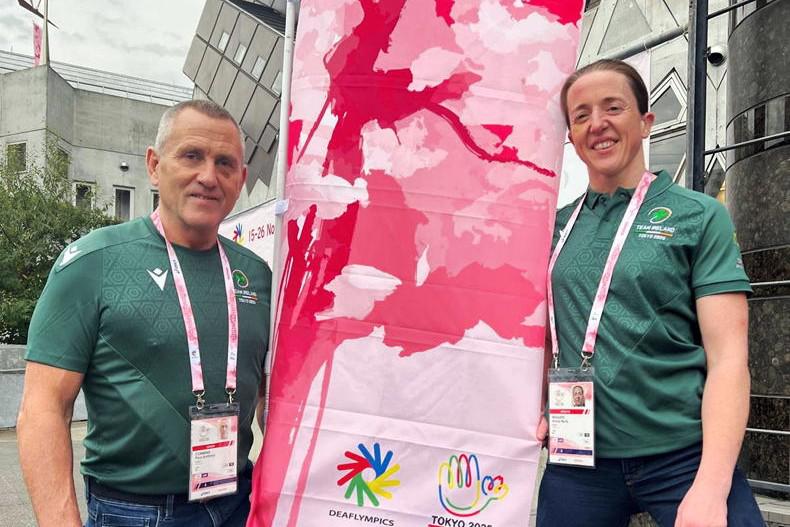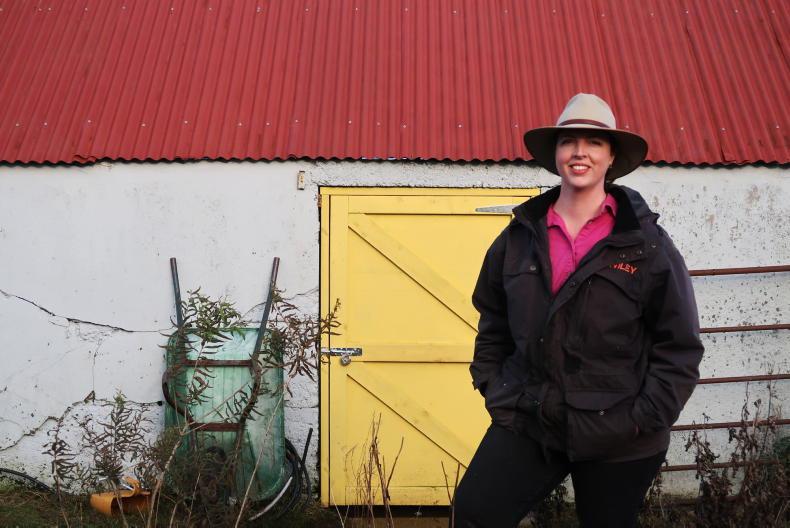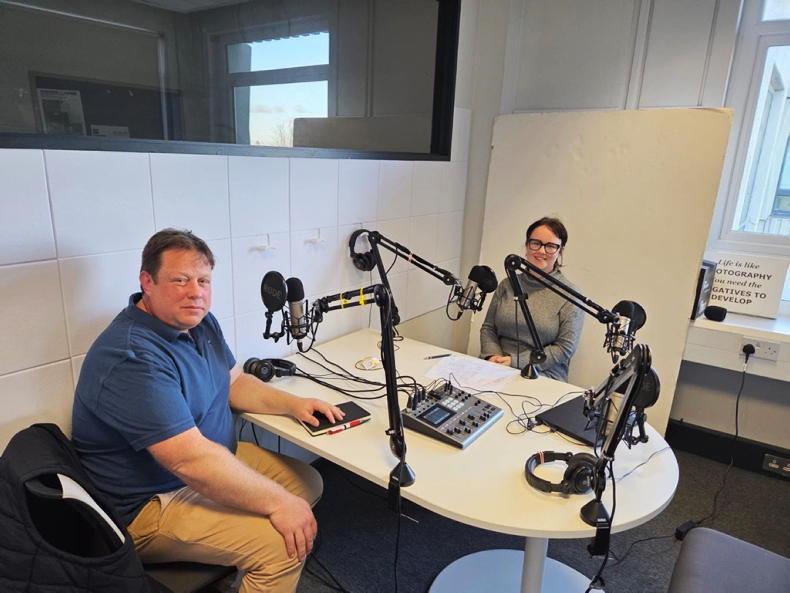New research shows that young adults living in disadvantages communities need greater professional support in their schools when it comes to making decisions about their future education and career pathways.
The ‘Career decision-making among young people in Ireland’ report published on 7 January by the Economic and Rural Social Institute (ESRI) outlined the inequality in young people’s decision-making process.
The report, compiled by ERSI Research Professor Dr Emer Smyth, looked at who young people turn to for guidance on their future pathways.
This research focused on whether the sources of information and guidance activities vary by family social background and the social mix of the school they attend.
Methodology
The research draws on growing up in Ireland data collected from young people aged 17 and 18.
Participants were asked about the extent to which they relied on different people for advice about what to do after leaving school.
These included informal sources and school-based sources. They were also asked how important each of these people were in their decision-making.
The research points to young people from more advantaged backgrounds having greater access to insider knowledge about the education system among family members.
They are also more likely to avail of private guidance support.
Those attending fee-paying schools have greater access to in-school career talks and individual guidance sessions, which may better cater to their individual career preferences.
Report findings
Young people from more disadvantaged social groups and those attending schools with a greater concentration of disadvantage are more reliant on non-guidance school staff, who may be supportive, but may not have specialist career knowledge.
"The research findings show that young people from disadvantaged backgrounds are much more reliant on their teachers for advice on what to do after leaving school,” Dr Smyth told Irish Country Living.
“In contrast, young people from middle-class families have networks of family and peers who have in-depth knowledge of the higher education system.”
In order for young people to make more informed decisions based on their careers, Emer says: “It is crucial that schools serving disadvantaged communities have access to the level of guidance resources needed to bring about greater equality in access to university."
Increasing equality in higher education
The research findings also suggest the need to target additional guidance resources towards schools serving more disadvantaged populations to help counterbalance the resources (within and outside school) available to their more advantaged peers.
Addressing disparity in access to guidance resources will bring greater equality in higher education participation across social groups, according to the report.
To view the full report, visit here.
Read more
78,184 CAO applicants at close of normal application deadline
New ERSI research finds significant ‘migrant wage gap’
New research shows that young adults living in disadvantages communities need greater professional support in their schools when it comes to making decisions about their future education and career pathways.
The ‘Career decision-making among young people in Ireland’ report published on 7 January by the Economic and Rural Social Institute (ESRI) outlined the inequality in young people’s decision-making process.
The report, compiled by ERSI Research Professor Dr Emer Smyth, looked at who young people turn to for guidance on their future pathways.
This research focused on whether the sources of information and guidance activities vary by family social background and the social mix of the school they attend.
Methodology
The research draws on growing up in Ireland data collected from young people aged 17 and 18.
Participants were asked about the extent to which they relied on different people for advice about what to do after leaving school.
These included informal sources and school-based sources. They were also asked how important each of these people were in their decision-making.
The research points to young people from more advantaged backgrounds having greater access to insider knowledge about the education system among family members.
They are also more likely to avail of private guidance support.
Those attending fee-paying schools have greater access to in-school career talks and individual guidance sessions, which may better cater to their individual career preferences.
Report findings
Young people from more disadvantaged social groups and those attending schools with a greater concentration of disadvantage are more reliant on non-guidance school staff, who may be supportive, but may not have specialist career knowledge.
"The research findings show that young people from disadvantaged backgrounds are much more reliant on their teachers for advice on what to do after leaving school,” Dr Smyth told Irish Country Living.
“In contrast, young people from middle-class families have networks of family and peers who have in-depth knowledge of the higher education system.”
In order for young people to make more informed decisions based on their careers, Emer says: “It is crucial that schools serving disadvantaged communities have access to the level of guidance resources needed to bring about greater equality in access to university."
Increasing equality in higher education
The research findings also suggest the need to target additional guidance resources towards schools serving more disadvantaged populations to help counterbalance the resources (within and outside school) available to their more advantaged peers.
Addressing disparity in access to guidance resources will bring greater equality in higher education participation across social groups, according to the report.
To view the full report, visit here.
Read more
78,184 CAO applicants at close of normal application deadline
New ERSI research finds significant ‘migrant wage gap’









SHARING OPTIONS